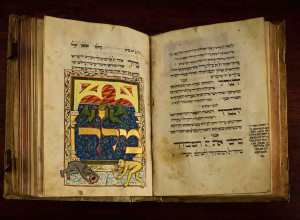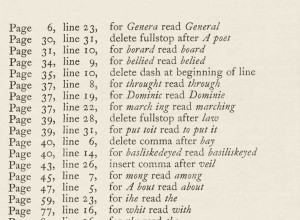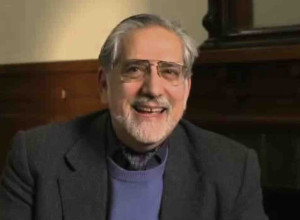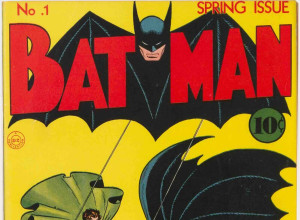March 5, 2013 |
The Xenia Relief Project
Today's post is a guest blog from Zhenya Dzhavgova, proprietor of ZH Books in California and a former profile in our Bright Young Things series. She writes about the significant relief effort recently undertaken by the book trade to rescue Blue Jacket Books in Ohio after the store lost 20,000 books in the aftermath of a burst water pipe.


Several weeks ago, every antiquarian book dealer's worst nightmare was realized when, over the course of a few hours, Blue Jacket Books in Xenia, Ohio effectively ceased to exist. Word spread around the book world of the calamitous sequence of events which began overnight with a burst water pipe in the building housing the bookshop and ended up with half of the entire inventory being reduced to a sad, unrecognizable, soggy mess. To add insult to the injury of thousands of independent bookstores closing down and doomsayers professing the end of books as we know them - a simple fact glared, to wit: money helps but money cannot instantaneously replace an inventory of carefully picked and assembled books the way money buys a replacement car from the neighborhood dealership. Fortunately, what started as a disaster ended up as the ultimate tribute to collegial camaraderie, friendship, and true appreciation for books and for one of our own.
Members of ABAA (Antiquarian Booksellers' Association of America) and IOBA (Independent Online Booksellers Association), two trade organizations for booksellers, were notified. The ABAA came through with a generous financial donation from its Benevolent Fund, a non-profit charity fund intended to assist any antiquarian bookseller in time of need. Hank Salerno of H&R Salerno first raised the alarm on the IOBA internal network closely followed by Elizabeth Svendsen, proprietor of Walkabout Books in Xenia and former owner of the destroyed bookshop which she had sold to Dr. Lawrence Hammar a few years earlier. The response was immediate and swift. We simply refused to accept the involuntary demise of a bookstore. Mark Lambert of Cereal City Books dropped a bomb with an announcement which Lorne Bair of Lorne Bair Rare Books deemed "one of the most generous gestures I have ever encountered in the book business." Having decided to focus on his developing bindery, Mark offered to donate his entire inventory of about 4,000 books to Dr. Hammar. It turned out that Mark also had a strong personal connection to Xenia where his great-great-grandfather had lived, farmed, and raised a family during the Civil War. Many others, though not able to nearly match Mark's number, immediately began assembling boxes of good solid stock to ship to Blue Jacket Books. Meanwhile, amidst emails flying and arrangements being made, Stephen of Allington Antiquarian Books, LLC had the presence of mind to point out that transporting the thousands of books comprising the inventory of Cereal City Books from Michigan to Ohio would put a tremendous financial stress on Mark. Problem solved: IOBA members from as far away as Great Britain offered to send money to offset the cost of renting a truck, boxing, and driving the massive load of 180 cartons. With the news coming in of a kind landlord offering his commercial space just a few doors down from the soaked former premises, what came to be called "The Xenia Relief Project" was set in motion. Mark made the interstate trek on February 22 - bringing all-around best wishes, leftover cash from the generous donations, and, of course, thousands of books.
In the meantime, concerned citizens and booklovers from the region had also gathered to help. Volunteers worked, with no power and in 8 degree weather, to remove the damaged books and set up the new place. Somebody brought a home-cooked meal for the workers. A retired professor donated 104 boxes of books from his personal collection. A little Cub Scout from Jamestown, Ohio made everybody cry when he walked in and put $1.12 in change in Dr. Hammar's hand while solemnly announcing: "I emptied my piggy-bank for you so you can buy more books." The same child and his mother later organized a Boy Scout book drive. The "Book Nook" on WYSO-FM did a piece on the disaster and the consequent developments. The whole community rallied to prevent another bookshop from going on the "endangered species" trade list.
In the end, Dr. Hammar - a former college professor of anthropology and a true lover of books - got a semblance of his old business back in less than 4 weeks. We, as an organization, got the satisfaction of helping a colleague and the assurance that we have each other's backs. The community of Xenia, Ohio got a new-old bookstore. I would not go as far as saying that one day Hammar would look back and laugh at the memories but he would certainly remember the happy parts of the story fondly. As will everybody else who believes that books of the old-fashioned paper kind are here to stay.















